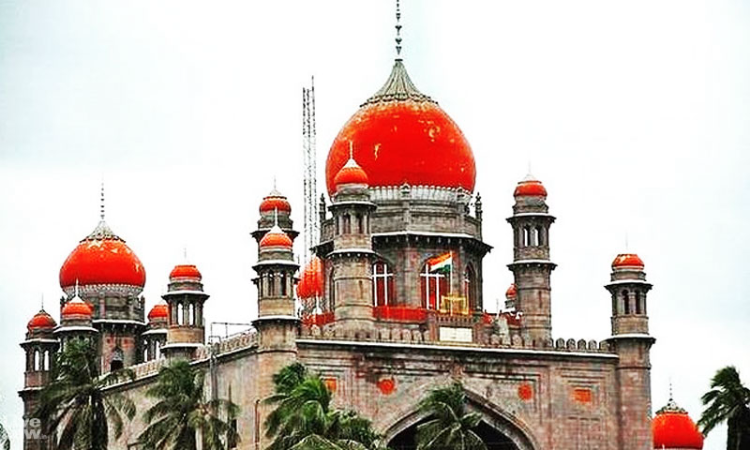Parties Cannot Be Referred To Arbitration In Absence Of Privity Of Contract: Telangana High Court
Parina Katyal
27 April 2022 2:45 PM IST

Next Story
27 April 2022 2:45 PM IST
The Telangana High Court has ruled that in the absence of a privity of contract parties cannot be referred to arbitration. The Single Bench of Justice Ujjal Bhuyan held that the word 'party' under the Arbitration and Conciliation Act, 1996 (A&C Act) has been given a definite meaning with respect to an arbitration agreement. The Court added that only the disputes between...
